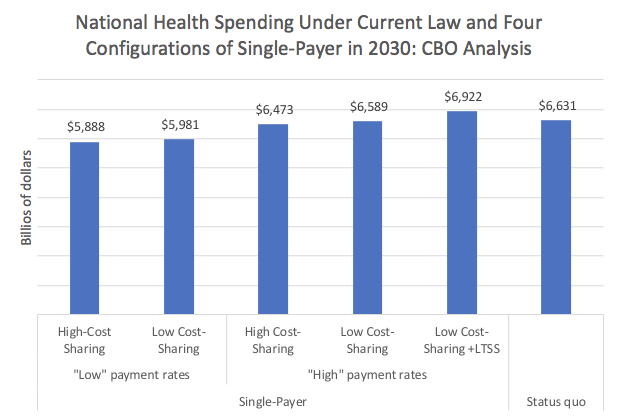
Arguably, healthcare services are inevitably “rationed”. The relevant question is whether they are allocated by the relative medical need of patients, or by some metric of their status, advantage, or resources.
An ICU doctor taking care of 12 critically ill patients will not divide her/his time perfectly equally among the patients. She/he will, inevitably, allocate the finite hours of their day based on patients’ relative medical need - the sickest will tend to take the most time.
Such “rationing” is inevitable, but it is also just. Injustice enters when factors beyond medical need — e.g. patients’ race, insurance status, income, wealth, language — distort the prioritization of time & services.
That’s why examining the relative utilization rates of care of different groups is an important way to examine medical equity, e.g. work pioneered by Odin Anderson, Ronald Andersen and others at U Chicago since the 1960s.
But in the last couple of decades, utilization research more often focused on the problem of regional differences in utilization so as to shed light on the problem of overutilization, while shifting away from the problem of *equity* of use among groups.
Note that I emphasize services — the supply is fundamentally finite insofar as the “person-hours of medical labor available per capita” truly has a fixed and firm upper limit that technology can literally never eliminate.
That’s simply not true of pharmaceuticals — basically all “rationing” (think hepatitis C drugs) stems from the intellectual property rights of drug firms & not an inability to increase supply/manufacturing.
Needless to say, it is a massive problem when supply is massively outstripped by demand ****due to a surge in objective medical need**** — i.e. a terrible COVID-19 outbreak. In this scenario, the capacity to meet overall need *falls*.
However, it's entirely different when the effective demand for care increases ***due to reduction in financial barriers to care***, because in this scenario, there is zero real increase in objective medical need.
Hence, whatever supply inadequacies may or may not exist, overall objective medical need will be better met given that supply than if those financial barriers were kept in place, as need not means becomes more determinant of use.
• • •
Missing some Tweet in this thread? You can try to
force a refresh




